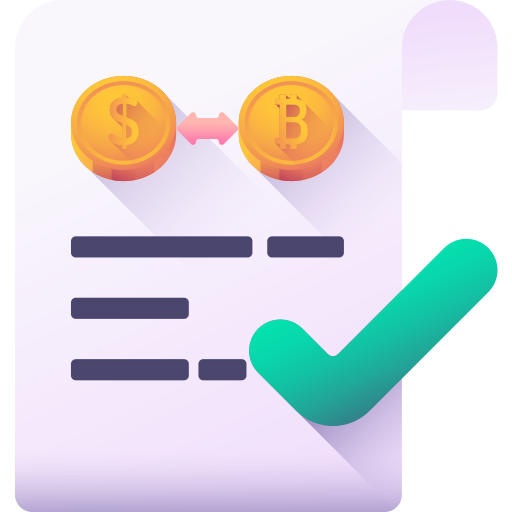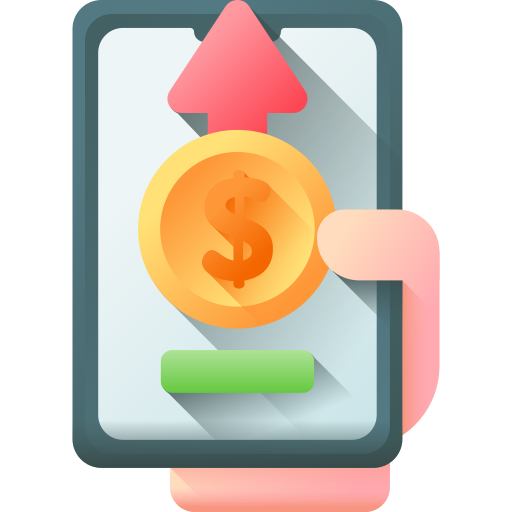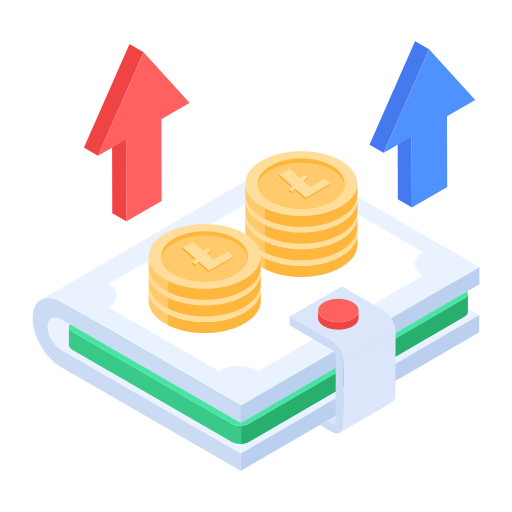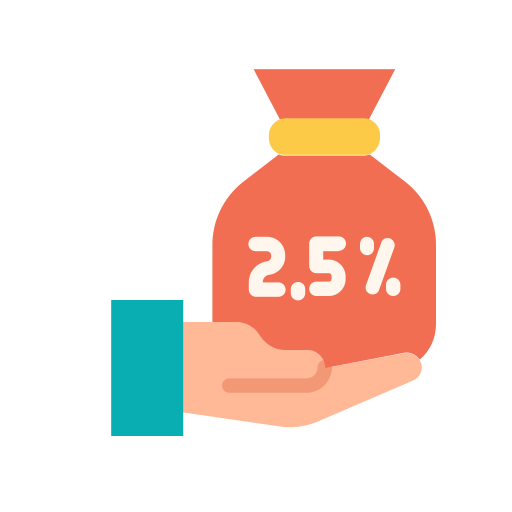Empower Your Spending
Experience Financial Freedom with Rewarding Credit Cards!
Begin Your Path to Financial Freedom with Money Solution Credit Cards. Your Ideal Spending Companion Awaits!

Essential Attributes of Credit Card Quick Approval Process
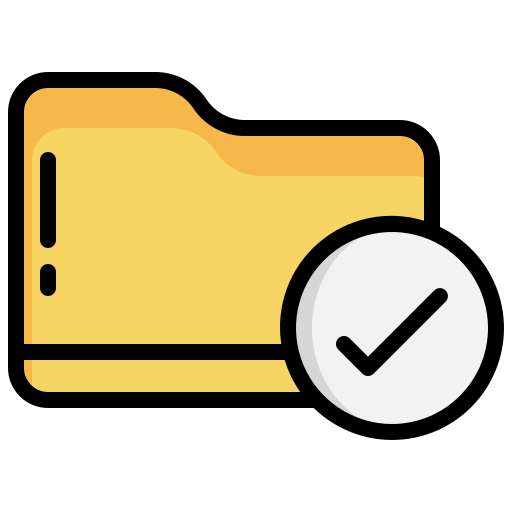
Efficient Processing
Experience swift evaluation for quick credit card approval.
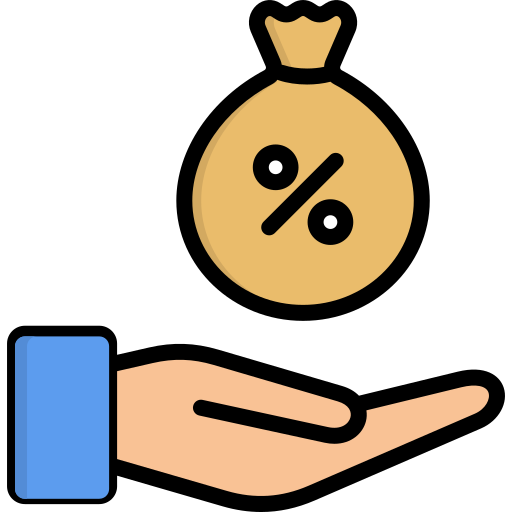
Competitive Terms
Enjoy competitive interest rates and fees for affordability.

Minimal Documentation
Streamlined application with minimal paperwork for convenience.
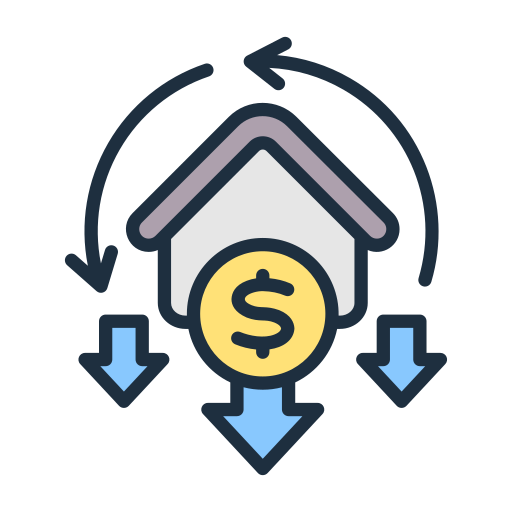
Smooth Process
Hassle-free experience ensures efficiency and ease of obtaining your credit card.
Apply for a Money Solution Credit Card in in 3 Easy Steps:
- Step 1:Visit Our Website
- Step 2: Fill Out the Application
- Step 3: Submit and Get Pre-Approved




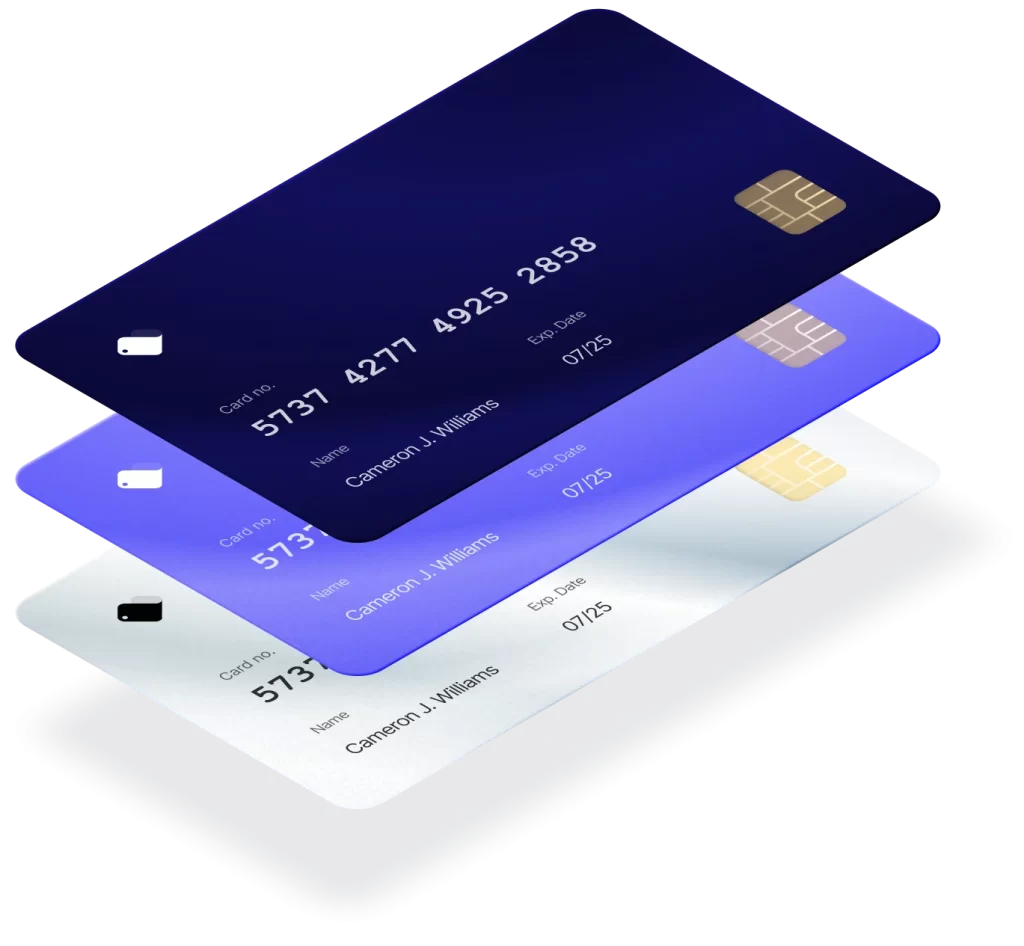
Empower Your Financial Flexibility
Understanding Credit Cards: Your Guide to Responsible Use
A credit card is a form of borrowing money from a bank, credit union, or online lender, which allows you to make purchases up to a certain limit based on your creditworthiness. It’s a flexible financial tool that can be used for everyday expenses, emergencies, or larger purchases, with the borrowed amount repaid in monthly installments or full payments.
Borrowed Amount for Purchases
Offered by Banks or Lenders
Repaid Monthly or Over Time
Flexible Repayment Options
Choose from a range of flexible repayment plans tailored to suit your financial needs.
Competitive Interest Rates
Benefit from competitive interest rates that save you money over the life of your loan.
Personalized Customer Service
Access personalized support from our dedicated team to guide you through every step of your loan journey.

Why Choose Us
Reasons to Choose an Credit Card
Essential Requirements for Quick Credit Card Approval
Essential Documents Needed for Credit Card
Frequently Asked Questions
A Credit Card is a facility offered by banks and financial institutions allowing you to make online as well as physical purchases without needing to exchange hard currency.
A credit card is a thin rectangular piece of plastic or metal issued by a bank or financial services company, that allows cardholders to borrow funds with which to pay for goods and services with merchants that accept cards for payment. Credit cards impose the condition that cardholders pay back the borrowed money, plus any applicable interest, as well as any additional agreed-upon charges, either in full by the billing date or over time.
| Simply CLICK Visa & Master Card | 499 | Get 10X Reward Points on online spending through exclusive partners. |
|---|---|---|
| SBI ELITE Visa & Master Card | 4,999 | Enjoy free movie tickets of 6,000/year. |
| IRCTC SBI Credit Card | 500 | Get up to 10% cashback as reward points for railway ticket purchases through IRCTC. |
| SBI Prime Credit Card | 2,999 | Get up to 10% cashback as reward points for railway ticket purchases through IRCTC. |
| Simply SAVE SBI Card | 499 | 10 reward points on spending every 100 on movies, dining, departmental stores, & grocery spends. |
| Doctor’s SBI Card | 1,499 | 5X rewards on medical supplies, travel bookings, international spends, & Doctors’ Day. |
| RBL Bank Cookies Credit Card | 500 | 2 reward points on spending every 100 online |
| RBL Bank Monthly Treats Credit Card | 50 | 2 reward points for spending every 100 on all online purchases |
| RBL Bank Titanium Delight Card | 750 | 4,000 bonus points for spending above 1.20 Lakhs in a year. |
| RBL Bank Shoprite Card | 500 | 20 reward points for spending every 100 on groceries. |
There is a great emphasis on making digital payments across India. It is also impractical to carry a huge wad of currency notes in your pocket every time you go shopping. Credit cards provide the perfect alternative. They offer the easiest way to make payments for your purchases. In addition to convenience, banks offer reward points for using their credit cards. You can subsequently redeem these reward points to buy products of your choice.
Credit Cards work on the ‘Buy now and Pay later’ principle. It is a straightforward process. Every Credit Card comes with a prescribed limit. If the threshold is available at the time of your purchase, the bank approves the payment. The bank raises the bill on the fixed date. You have to make the payment on or before the due date mentioned in the statement.
Credit Cards are the perfect alternative to cash. There is no need of carrying large amounts of money when you have a Credit Card.
You get an interest-free window depending on the date of billing and the due date. The maximum interest-free period is between 52 and 55 days.
Credit cardholders can avail cash advance facility on an urgent basis. Every Credit Card comes with a cash advance limit. Note that this is not an interest-free advance. You have to pay interest on the cash advance portion from day 1.
You can own a Credit Card and enjoy various benefits that come with it such as bonus points, gift vouchers, rewards programs, cashback benefits, and multiple other benefits.
Banks allow credit cardholders to apply for add-on cards for their family members. They can use these cards on an individual basis.
Banks issue unique Credit Cards that allow the cardholders to avail travel benefits like air miles, airport lounge access, airline offers, hotel offers, and travel insurance. These cards are also known as Co-branded Credit Cards.
Some Credit Cards come with lifestyle benefits like dining, shopping, entertainment, and wellness and so forth.
Many banks offer fuel surcharge waivers to their credit cardholders.
Proper usage of the Credit Card can improve your credit history.
Today, you have international Credit Cards that allow you to make payments in foreign currency. You can also withdraw cash in foreign currency when you travel abroad.
There are Credit Cards that come with general insurance coverage. Some cards come with lost card liability or insurance to protect the cardholders from missing cards and forged transactions.
Banks compete aggressively with each other to issue Credit Cards to their customers. As a customer, it is natural to get confused. Money Solution collects all the information from various banks and displays it on a single screen. It allows you to compare various features of different cards and make the right decision.
Money Solution can help you:
Choose the best option among the different cards available
Opt for banks that charge lower application and renewal fees
With a quick turnaround time
Understand various features of the Credit Card
Money Solution has the expertise to guide you through the following:
Personal profile
Repayment history
Understanding the concept of Minimum Amount Due and billing cycle
Understanding how the interest is calculated, if any
Understanding the various penalties
Age of the applicant – The minimum age for applying for a credit card is 21 years
Monthly Income – Banks have different criteria as far as monthly income is concerned. However, the minimum monthly income should be around 20,000.
Credit History – A score of 700 and above is considered acceptable for issuance of a Credit Card. Your credit report will show the details of your credit history.
Along with the application form, you have to submit the following documents:
KYC Documents
Identity Proof (Any one):
PAN Card
Aadhar Card
Passport
Driving Licence
Voter ID Card
Address Proof – (Any one):
Registered Rent Agreement or Lease Agreement
Aadhar card
Passport
Ration Card
Telephone, Gas, or Electricity bill
Proof of Income
1. Salaried Persons
Salary Certificate
Recent salary slip
Employment letter
Form 16 / IT Returns
2. Self-Employed Persons
Financial documents like Audited Balance Sheet and Profit & Loss Statement
ITR for the preceding year
Proof of continuity of business
Note that Banks can always ask for more documents.
Banks offer exciting features on Credit Cards. It depends on the card provider and the Type of Credit Card you choose. Some of the salient features are as follows:
Global acceptance -Today, almost all cards are international cards. Therefore, they have universal recognition.
Balance Transfer Facility – You can transfer the outstanding balance in your existing Credit Card to the card issued by another bank. Banks charge concessional rate of interest on such balance transfers.
Pay by easy instalments – Many banks offer the instalment payment option to their cardholders. These plans come with attractive interest rates. Specific cards allow you to repay at 0% interest as well.
Pay utility bills with ease – Various utility service providers have this option of registering your card details for the monthly payments. It enables you to pay the bills without any reminders. However, you do get alerts on your registered mobile numbers.
Monthly payment alerts – Banks have facilities whereby they send you SMS alerts about your monthly payment obligations.
Transaction alerts – Today, Credit Card providers send SMS and email alerts for every transaction you do on your card.
E-statement – Every month, you get an e-statement from the bank at the end of the billing cycle.
Lifetime free Credit Cards – Certain banks issue lifetime free Credit Cards. You need not pay any annual fees on such cards.
Insurance Coverage – Some card issuers offer general insurance and life insurance coverage on their cards.
Cash Withdrawal facility – Almost all Credit Cards have a cash withdrawal limit. You can withdraw instant cash up to the limit from any ATM.
Credit Card Bill Payment – You can pay your Credit Card bills online using internet banking.
Joining fee – Usually, banks do not charge any joining fee. They provide the card free for the first year. Subsequently, they charge renewal fees annually. Certain banks charge joining fees.
Renewal fees – There is an annual renewal fee on the card after the first year.
Interest – Every card has an interest-free period depending on the billing cycle and the due date for repayment. Usually, it is around 20 days to a maximum of 52 or 55 days. If you make the full payment on or before the due date, there is no interest. However, if you make a part-payment, the balance amount will attract interest. These rates vary from bank to bank. Usually, it is in the range of 3% to 3.5% per month.
Cash withdrawal fee – You have a cash withdrawal limit on your Credit Card. This facility allows you to withdraw cash in an emergency from any compatible ATM. Banks charge a cash withdrawal fee on every withdrawal. This cash advance facility attracts interest from day 1.
1. Credit Card Numbers
Every Credit Card number has 16 digits
The first digit on the card represents the system, for example 3 for Travel or Entertainment card, 4 for Visa Card, 5 for MasterCard, and 6 for Discover card.
The American Express Card starts with 37 while the Diner’s Club card begins with 38
Every card has a CVV (Card Verification Value) number written on the reverse side of the card. It is usually a 3-digit number. American Express cards have a 4-digit CVV number embossed on the face of the card. The CVV number is an anti-fraud security feature.
Banks issue the PIN (Personal Identification Number) for every Credit Card. You should change the PIN after the first usage. It is a security feature. You will have to enter this number during every card transaction.
Nowadays, you have a second layer of security available when you use Credit Cards online. You can set up an individual six-digit PIN to verify your transactions online. Alternatively, you can seek an OTP (One Time Password) number for every purchase you do online. Banks send this OTP to your registered mobile or email id.
2. Reward Programs
Reward Points – Every transaction on your Credit Card can earn reward points. You can redeem them subsequently and enjoy attractive offers.
Indian Oil Card – This card is beneficial to people who spend a lot on petrol. This card gives you the facility of paying for petrol with reward points.
Shopping Cards – This is an ideal card for people who love shopping. You have access to various discounts and offers.
Cashback Credit Card – This type of card entitles you to receive cashback offers on specific purchases you make.
Airlines Credit Card – Frequent flyers can use this Credit Card to get attractive discounts and redeemable mileage points on individual
3. Credit Card Limits
Every Credit Card has a revolving credit limit. Banks approve these limits based on your eligibility. You cannot use the card for amounts exceeding your limit. The banks review the limits at the time of renewal. Based on the usage and repayment history, banks can enhance or reduce the limit.
4. Minimum Payment Due
It is an essential concept. Credit Cards allow you an interest-free period ranging from 20 days to around 52 to 55 days depending on the billing cycle. Every month the bank submits the bill for payment. You should pay the entire balance to take advantage of the interest-free period in the subsequent billing cycle. However, you can opt to make a part-payment of the bill. Every bill has a minimum payment due (usually 5% of the outstanding amount) amount. You can pay an amount equal to or more than the minimum payment due to enjoy the Credit Card limits. The difference between the bill amount and the payment you make is subject to interest in the range of 3% to 3.5% per month

